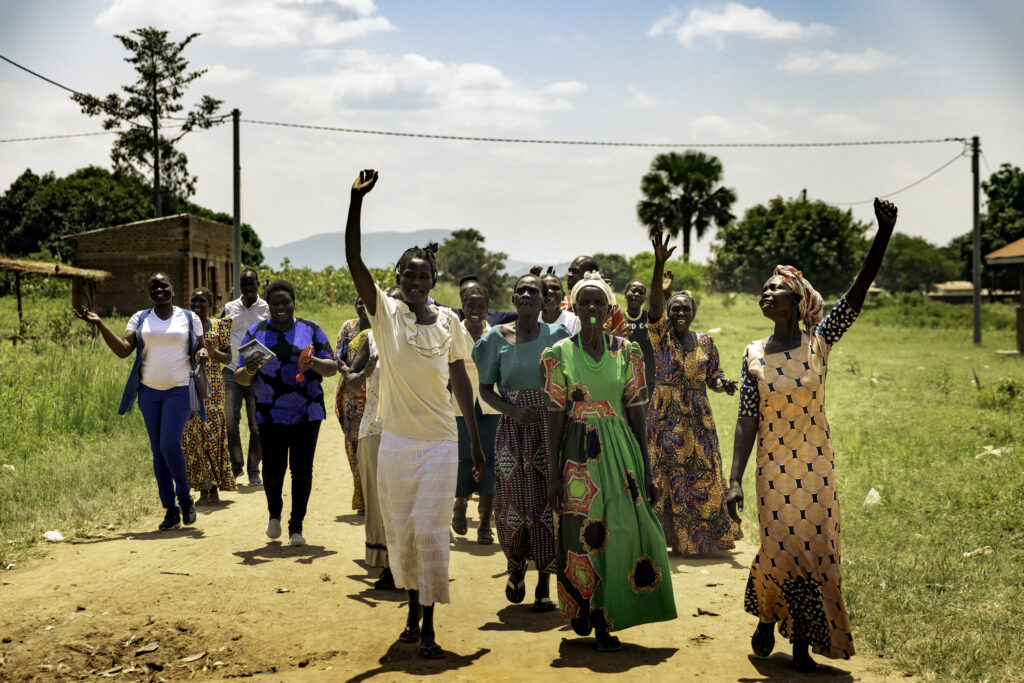The theme for this year’s international women’s day is “inspire inclusion.” This seems like common sense when translated into plain English. Yet, in much of the world it is unthinkable that women are included in decision-making.
In her book about the ways women are caught up in conflict*, Christina Lamb points out that the places where war drags on for years are also the places where women have low status. If there are high levels of domestic violence or child marriage in peace time, there will likely be gang rape during conflict. Yet, it is rare that women are involved in ceasefire negotiations in much of the Middle East, or Yemen, South Sudan, Afghanistan, Sudan, and Myanmar. Wars drag on in traditional conservative societies because men fear losing face or having to compromise, whereas women know that daily survival is all about compromising and leaving their fragile egos to one side.
Lamb also finds that the legal systems that recognise the damage done to society during a conflict tend to have women judges involved. Where only men sit in judgment, rape is not considered important enough to be included in the charges against members of a militia or terrorist group. History teaches us that if a peace deal is to be successful, it also must deliver justice. That includes acknowledging that terrible things were done to civilians. It is often only women judges and lawyers who are prepared to deliver that justice.
How is Network for Africa putting women at the table?
The good news is that the women involved in our projects are putting themselves in charge.
- Survivors of conflict gain in confidence as they learn to manage their trauma.
- Women caring for family who are physically or mentally ill find a voice when they join a mutual support group, knowing they are no longer isolated.
- Women are proud of their independence when they learn a skill and start a business, making money to provide for their families.
- Women chair many of our village savings and loans schemes, organising their community to plan for the future.
- Those who have known violence find an inner resilience thanks to the solidarity offered by group counselling sessions.
- Our project staff provide female role models: women make up 50% of our peer support counsellors, and our Ugandan partner BNUU is run by the remarkable Florence Adong.

The power of these women comes from what Dr Martin Luther King called a deep sense of somebody-ness. Today, we celebrate the women who make Network for Africa’s projects successful, including our CEO Annabel Harris and office manager Lesley Eaton. To support our work in Uganda, Rwanda and Sierra Leone, please visit our donation page.. Thank you.
*Our Bodies, Their Battlefields: what war does to women, by Christina Lamb. NB This is a tough read, but an inspiring one.